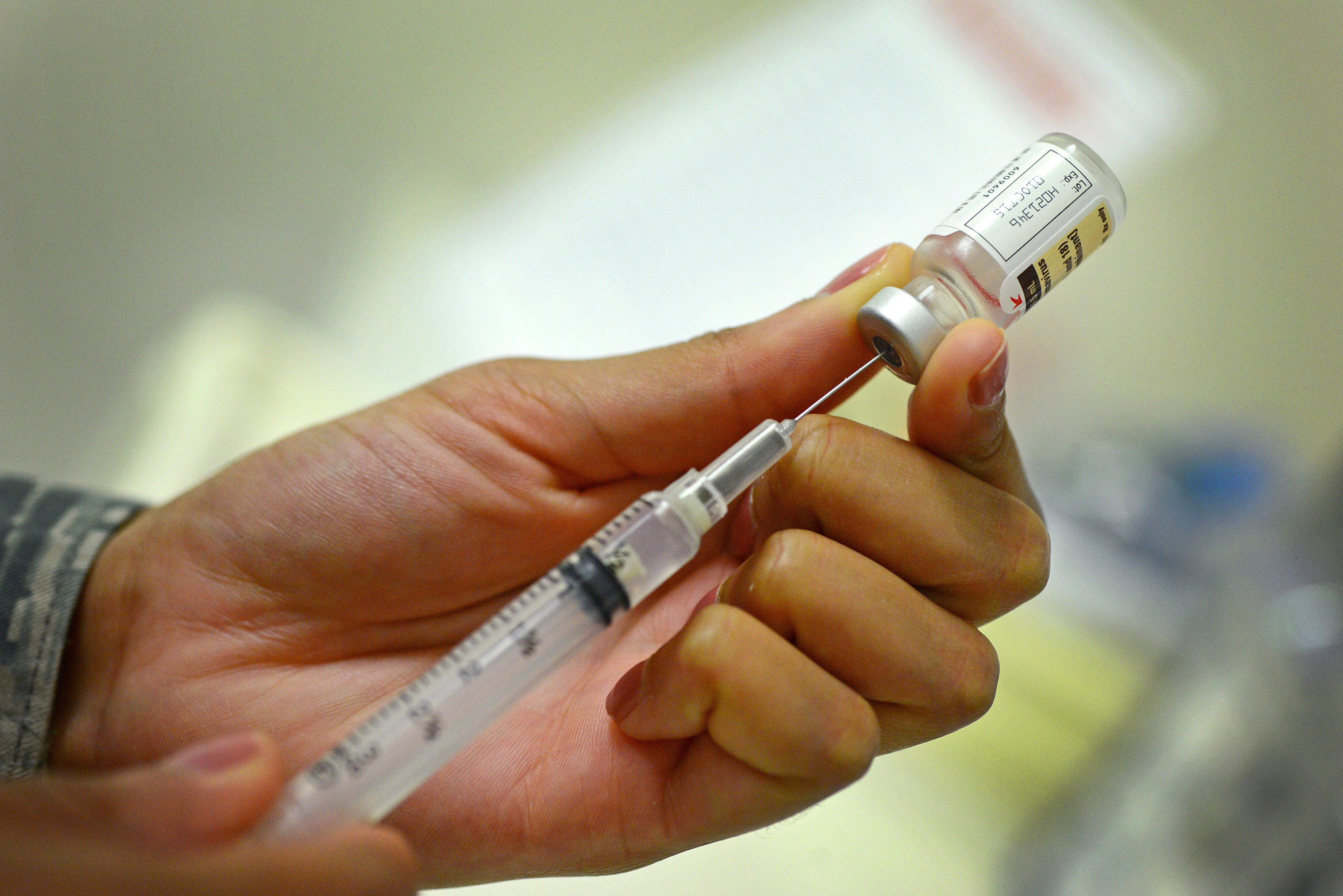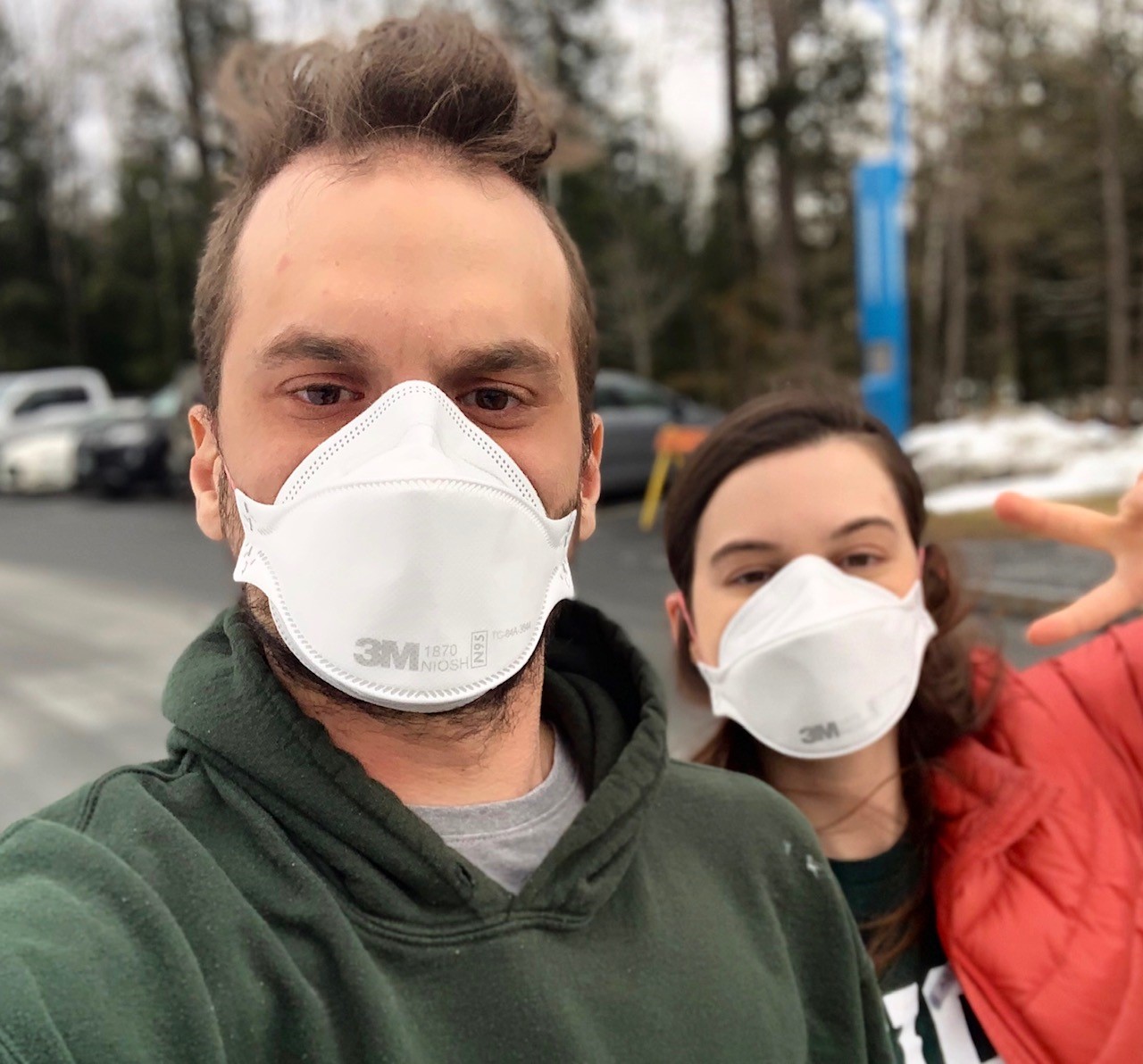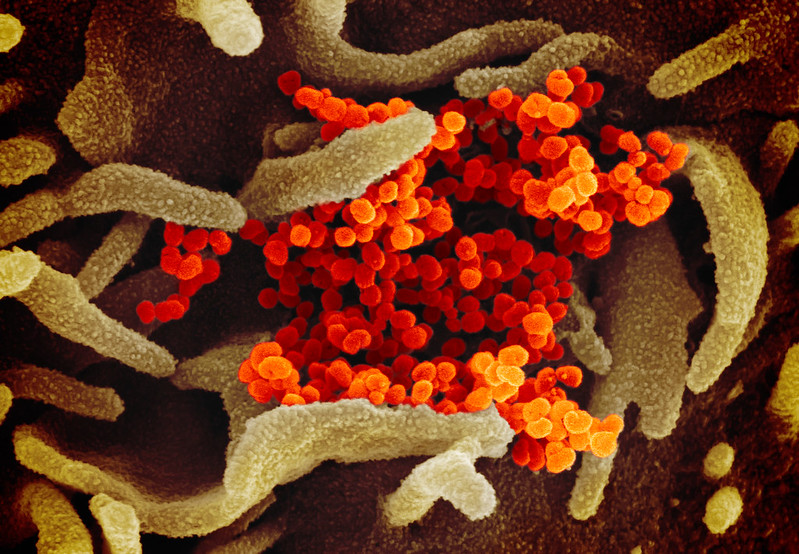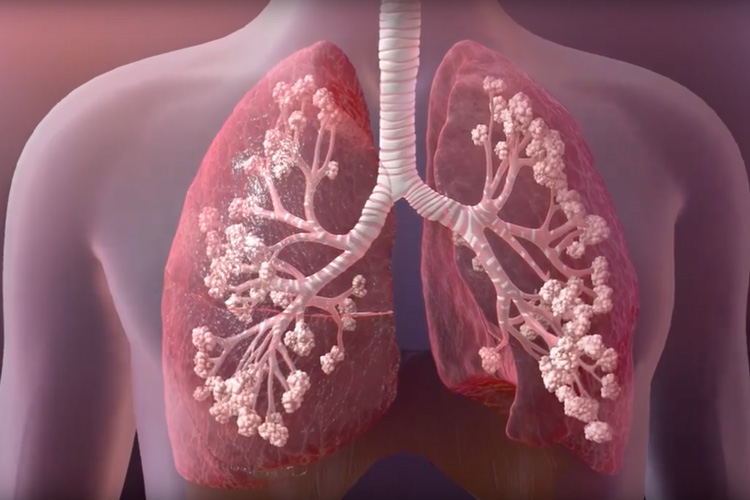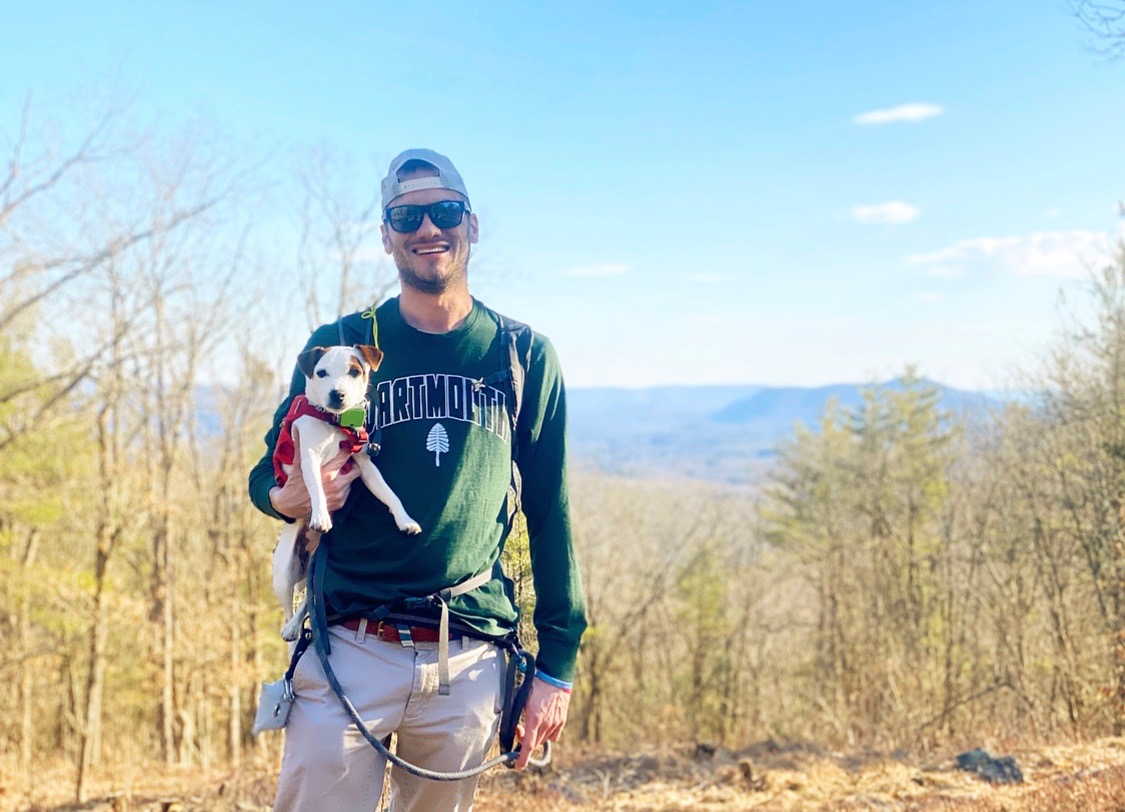I disclose my cystic fibrosis every time I fly. Of course, I have not flown since COVID-19 shut down the world, so I guess it would make more sense to say that I used to disclose my cystic fibrosis every time I got on an airplane in the before times.
I will continue to do so when I start to travel again.
There is no invasion of privacy when I do, nor do I feel like there is some liberty sucking force that falls over me when I trot onto the airplane with my extra carry-on bag in tow because I disclosed my CF.
Honestly, the TSA Agents or flight crewmembers I disclose my CF to genuinely don’t seem to care. I am just another passenger among a sea of passengers trying to fly somewhere.
Like just about everything with the pandemic, politicians have started to leech onto binary scenarios – this time its vaccine passports – to galvanize their bases. The pro-liberty policymakers say they infringe on individual privacy, while the pro-containment policymakers are pleading for strong public health measures to reduce viral transmission.
Both probably overstate use cases for vaccination records, but in a world where headlines reign supreme, snappy quotable moments can drive public opinion.
Instead, some commonsense nuance will show that immunization records will prove to be an effective tool to prevent sporadic viral outbreaks around the country, while our collective resistance against overuse will help us feel like big brother isn’t always watching.
Vaccine passports are victims of their naming convention. We associate passports with travel or movement, but, as Dr. Scott Gottlieb said in his opinion piece in today’s Wall Street Journal, immunization records are “Digital proof [that] would allow Americans to visit family in the hospital, not keep folks out of restaurants.”
Dr. Gottlieb made his case on Squawk Box this morning:
I have already used my COVID-19 immunization record at school to reduce my weekly testing requirement. All students, staff and faculty at Dartmouth have been tested for coronavirus weekly since the start of the school year. The requirement climbed to twice weekly testing as case numbers grew around the country and in the area. Now, the school has said that students can share vaccination records with health services to reduce testing requirements to once weekly, which I gladly did.
Easy, and liberty preserved!
If anything, I get an hour returned to me every week because I no longer need to step through the hoop of satisfying another public health measure.
Of course, my being enrolled on campus is also dependent on my lifetime immunization records. In fact, going through that paperwork back in 2019 showed I was out of date for a booster, which I gladly took care of before leaving New York.
Immunization records are far more common than you might think.
The United States requires vaccinations for “Hepatitis A, Hepatitis B, Influenza, Influenza type b (Hib), Measles, Meningococcal, Mumps, Pneumococcal, Pertussis, Polio, Rotavirus, Rubella, Tetanus and diphtheria toxoids, and Varicella” with Visa applications.
My immunization requirements for school were not significantly different than the above list.
Never once when disclosing my immunization record or even my CF patient status (I’ve done the latter at the airport, at hotels, school, work, the gym, and scores of other places or scenarios) have I felt deprived of my personal privacy.
That all said, I don’t think COVID-19 immunization records will stick around forever, but they will be in place in common sense spots like schools, hospitals, and areas of mass gatherings that rely on proximity or function best when infections are not running rampant.
Most people are making commonsense health choices when deciding where to spend their free time. I can’t say I know a single person who proudly states that they want to be a super spreader. A layer of health security will go a long way to reopening our economy (another binary debate – closed or open – that has been mind-numbingly annoying to watch on the morning news).
I don’t think we’re going to be scanning vaccine badges to get inside a grocery store or coffee shop any time soon (if ever), and frankly we shouldn’t since those are low risk situations. I also don’t think any of us want that. We have proven over the last year that infections can be limited in a lot of come-and-go scenarios in the absence of vaccine passports. Their use really only extends to high-touch and extreme gatherings where the business model runs counter to social distancing.
It also needs to be said that vaccination records and passports cannot be universally demanded while vaccinations still are not universally available. Their use is a direct function of accessibility in local areas.
This debate (even if it is one) will have a terminal moment like the rest of these idiotic debates. Yes, public health measures feel like an inconvenience right up until they start working. And yes, they probably will scale up or down with localized case counts.
With that, I say again… immunization records will not take your liberty away, if they are used correctly.

